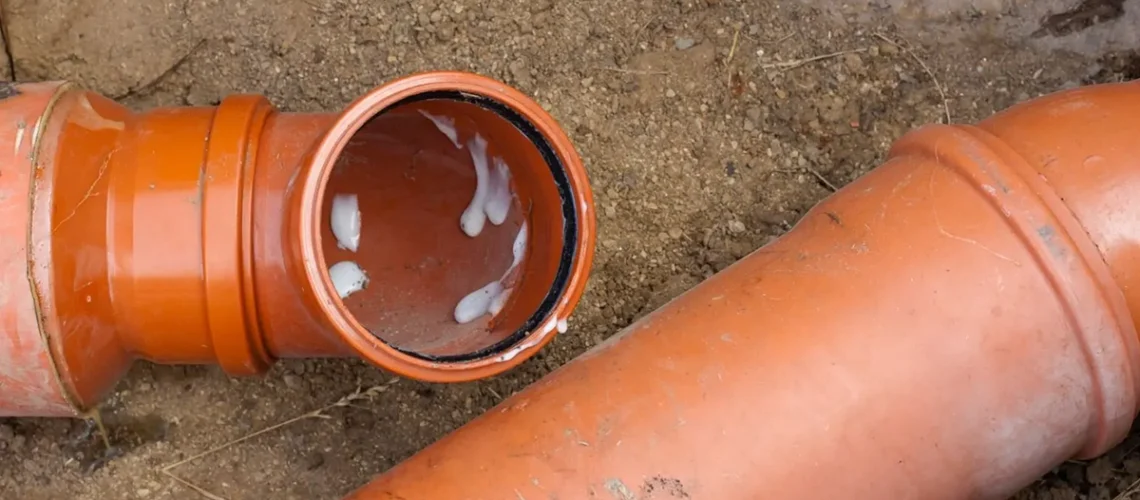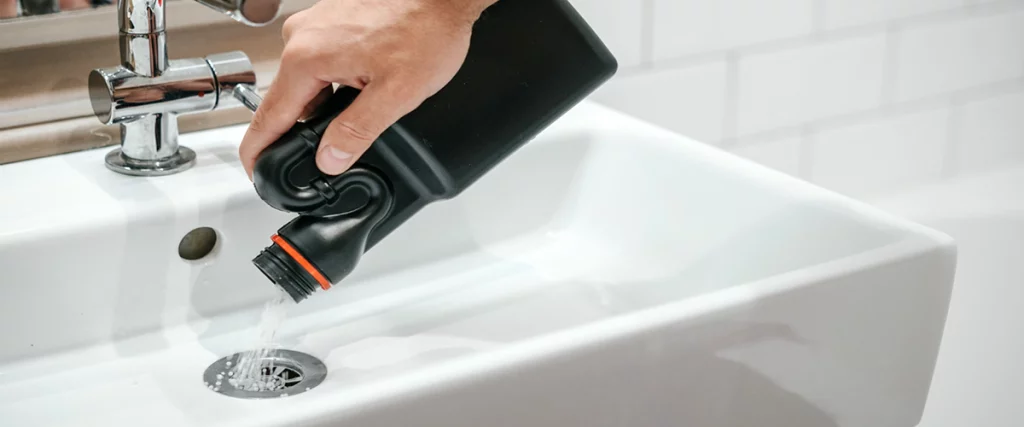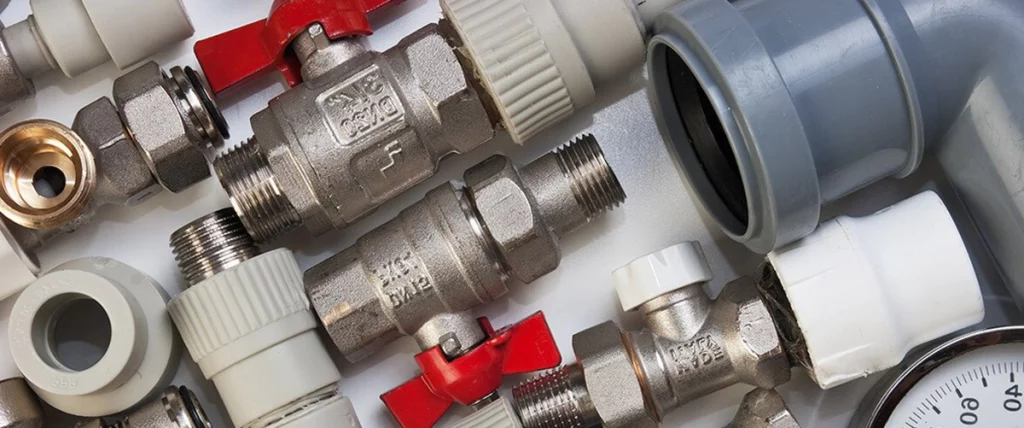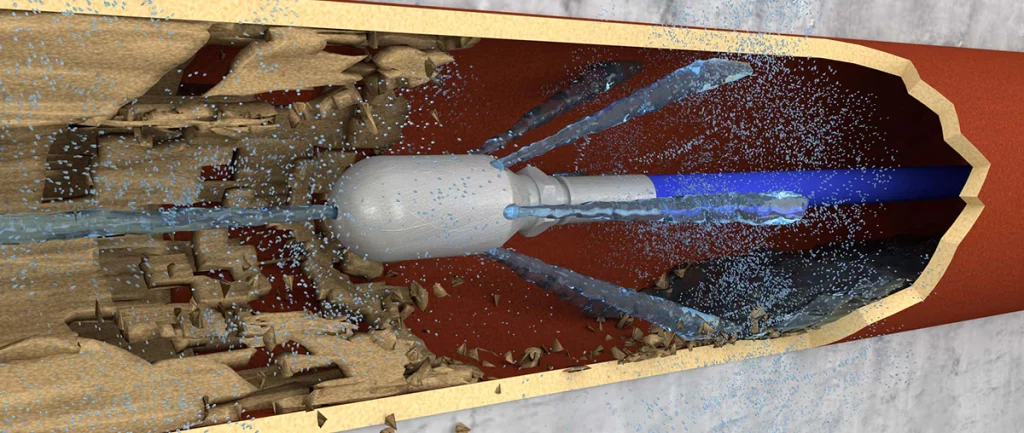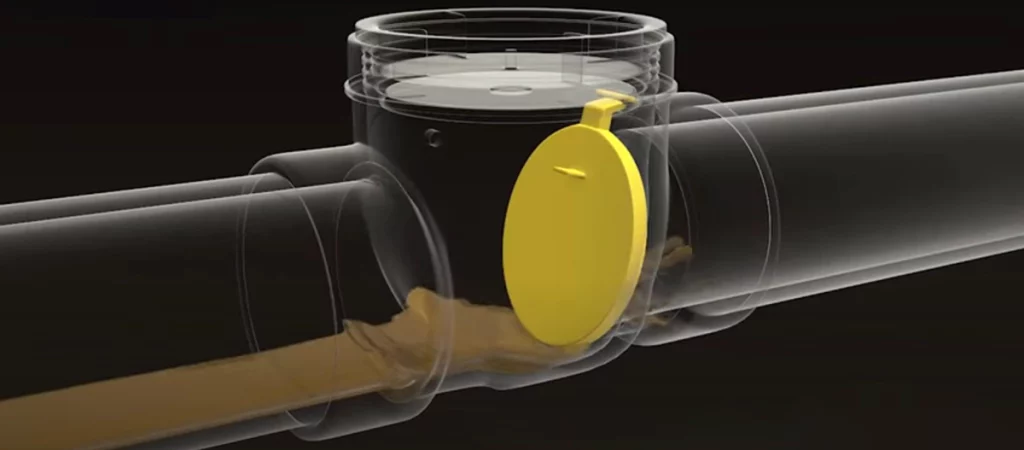Keeping your sewer lines clean is crucial to maintaining a healthy and efficient plumbing system in your home. Neglecting this essential task can lead to costly repairs and unpleasant situations. But don’t worry; I’ve got you covered with eight practical tips to ensure your sewer lines stay in tip-top shape. Let’s dive in!
Contents
Understanding Your Sewer System
Before we jump into the tips, it’s essential to understand the basics of your sewer system. Your sewer system comprises several components, including pipes, drains, and the main sewer line, all working together to remove waste from your home. Common problems that can arise include blockages, leaks, and tree root intrusions, which can all be avoided with proper maintenance.
Tip 1: Regular Inspections
Regular inspections are the first step in maintaining clean sewer lines. Scheduling professional inspections at least once a year can help identify potential issues before they become significant problems. If you prefer a DIY approach, you can check for signs of trouble, such as slow drains or unusual odors, but a professional’s eye is always best.
Tip 2: Proper Disposal of Waste
What you flush down your toilets and drains significantly impacts your sewer system’s health. Avoid flushing anything other than toilet paper and human waste. Items like wipes, sanitary products, and grease can cause blockages and damage your sewer lines. Instead, dispose of these items in the trash and pour grease into a container to solidify before discarding it.
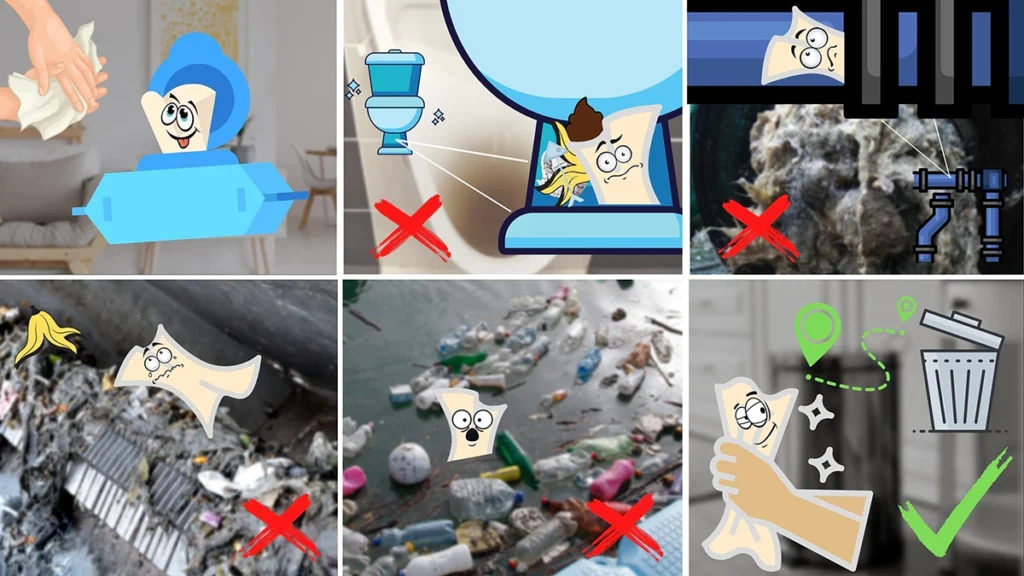
Tip 3: Use Enzyme Cleaners
Enzyme cleaners are a fantastic way to keep your sewer lines clean naturally. These cleaners use beneficial bacteria to break down organic matter, helping prevent clogs and keeping your pipes clear. Use them monthly to maintain your sewer system’s health, following the instructions on the product for the best results.
Tip 4: Prevent Tree Root Intrusion
Tree roots are a common cause of sewer line problems. They can infiltrate your pipes, causing blockages and even breaking the lines. If you have trees near your sewer lines, consider installing a root barrier to prevent this issue. Additionally, regular inspections can help catch any root intrusion early before it causes significant damage.
Tip 5: Avoid Grease Build-Up
Grease is a sewer line’s worst enemy. When poured down the drain, it can solidify and create stubborn blockages. Instead of dumping grease, collect it in a container and throw it away once it’s solidified. Regularly cleaning your kitchen drains with hot water and a bit of dish soap can also help prevent grease build-up.

Tip 6: Install a Backwater Prevention Valve
A backwater prevention valve is an excellent investment for any home. This device prevents sewage from flowing back into your home during heavy rain or flooding. Having a professional install and maintain this valve can save you from significant water damage and costly repairs.
Tip 7: Regularly Clean Your Drains
Regular drain cleaning can prevent minor issues from turning into major headaches. Use a mixture of baking soda and vinegar once a month to keep your drains clear. Pour half a cup of baking soda followed by half a cup of vinegar down the drain, let it sit for about an hour, then flush with hot water. This natural method is effective and eco-friendly.
Tip 8: Know the Warning Signs of a Blockage
Being aware of the warning signs of a blockage can save you from severe sewer issues. Common signs include slow draining water, gurgling sounds from the drains, foul odors, and water backing up in the sink or tub. If you notice any of these signs, act quickly to prevent further damage.

How to Handle Emergencies
Sometimes, despite our best efforts, sewer emergencies happen. If you find yourself in a situation where your sewer line is completely blocked, take immediate action. Shut off your water supply to prevent further damage and call a professional plumber right away. Having an emergency plumber’s contact information handy can save valuable time.
Maintaining your sewer lines isn’t just about preventing blockages; it’s also about being environmentally conscious. Using eco-friendly cleaning products and reducing your household’s waste can positively impact your sewer system and the environment.

How to Keep Your Sewer Line Clean
Regular sewer line maintenance is crucial to avoid blockages, foul odors, and costly plumbing emergencies. Whether you’re dealing with a residential or main sewer line, consistent upkeep helps prevent major issues before they start.
Not sure how to keep sewer lines clean? Here are some practical and effective sewer line maintenance tips:
- Avoid flushing anything other than toilet paper.
- Schedule residential sewer cleaning at least once a year.
- Use enzyme-based drain cleaners regularly.
- Inspect your pipes for tree root invasion or buildup.
Wondering how to maintain a sewer line or how to keep your sewer line clean long-term? The answer is preventive care. Our specialists at POM Plumbing recommend monthly drain maintenance for Toronto homeowners and routine inspections of your main sewer line to ensure smooth flow.
Cost-Saving Tips
Regular maintenance might seem like an added expense, but it can save you a lot of money in the long run. DIY maintenance, such as regular drain cleaning and proper waste disposal, can prevent costly repairs. Investing in preventative measures, like backwater valves and root barriers, can also save you from significant expenses down the line.
Conclusion
Keeping your sewer lines clean and well-maintained is essential for a healthy home. By following these eight tips, you can avoid costly repairs, prevent unpleasant emergencies, and ensure your sewer system runs smoothly. Remember, a little preventative maintenance goes a long way in keeping your home safe and sound.
FAQs
It’s recommended to have your sewer lines professionally inspected at least once a year. Regular inspections can catch potential problems early, saving you from costly repairs.
While chemical drain cleaners can be effective, they can also damage your pipes and harm the environment. It’s best to use natural solutions like baking soda and vinegar or enzyme cleaners.
If you suspect tree roots are infiltrating your sewer line, it’s crucial to act quickly. Contact a professional plumber to assess the situation and recommend the best solution, which might include root barriers or hydro-jetting.
The cost of backwater prevention valves can vary, but they are a worthwhile investment. The peace of mind and protection they offer during heavy rains or flooding far outweigh the initial expense.
You can reduce your household’s impact by disposing of waste properly, using eco-friendly cleaning products, and performing regular maintenance on your sewer lines. Simple actions like not pouring grease down the drain and using enzyme cleaners can make a significant difference.



